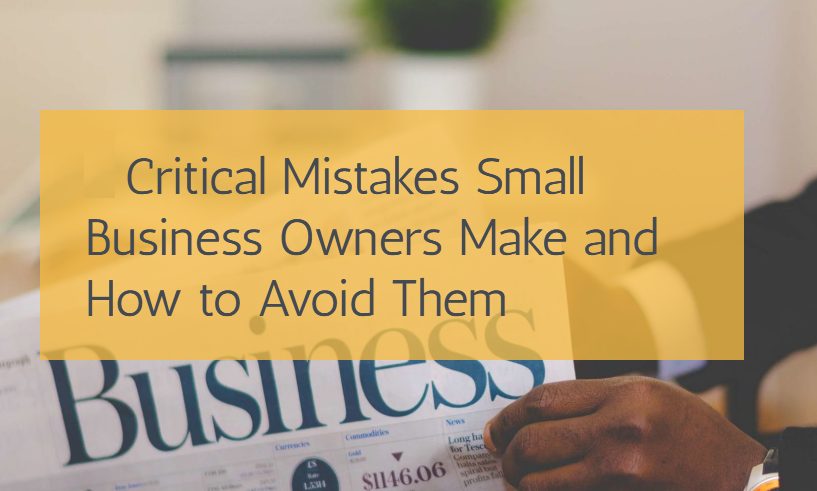Your food’s quality depends on the products you cook with; thus, choosing a high-quality vendor is critical to your business’s success.
Your business’s credibility can be ruined if you have a bad reputation for serving low-quality meals.
Below are common food vendor issues to avoid as a new business owner.
1. Choosing a vendor based on price
You’ll want to choose a reputable seller with whom you feel at ease. Don’t base your decision only on cost, as sometimes you only get “what you pay for.”.
The least expensive vendor isn’t necessarily the best. Inspect the quality of the products they serve before making your decision.
2. Being too shy to negotiate
When looking for a vendor, request price lists. Comparing their prices and references is a good idea. Never accept their first offer while bargaining for a better deal.
Once you’ve chosen a vendor, ensure everything is in writing, and nothing is left for any future misunderstandings.
3. Getting too many suppliers
Make sure you don’t hire too many vendors. You’ll need a few, but keep them to a bare minimum. Processing an excessive number of invoices is a waste of time and resources.
4. Unneeded deliveries
Don’t let your vendor persuade you into weekly deliveries if you can get by with fewer deliveries.
Reduce the number of deliveries you make if you have the storage. This may lower your vendor’s costs, which may appear in your prices.
5. Hastily signing invoices without inspection
Once you’ve signed the invoice, some suppliers refuse to refund or replace your damaged products. Don’t sign it until you’ve double-checked that your items meet the quality and quantity that your business needs.
6. Not planning an economic ordering strategy
Do you require a vendor representative to come to your restaurant every week to take orders? This may increase your expenses. You can potentially lower the cost of your inventory items by faxing or placing orders online.
When you eliminate order taking at the restaurant, you reduce this cost for the vendor, which means cheaper mark-ups.
7. Not having insurance concerning the quality of products
Ensure that your vendor covers you if your product is damaged or unusable and that you get a replacement (or a refund) as soon as possible.
Make sure your contract details the measures you need to take in such situations.
[INSERT_ELEMENTOR id=”2061″]


